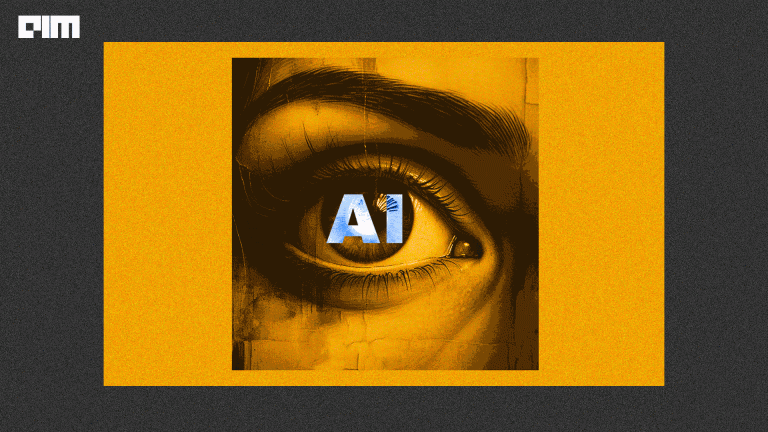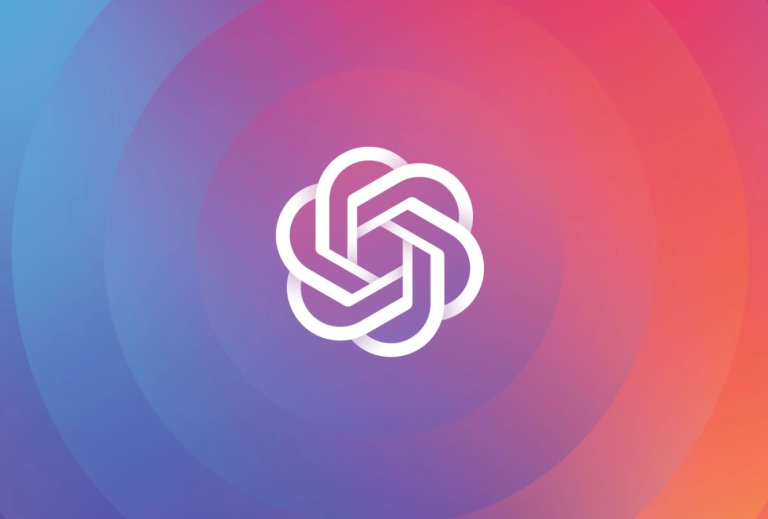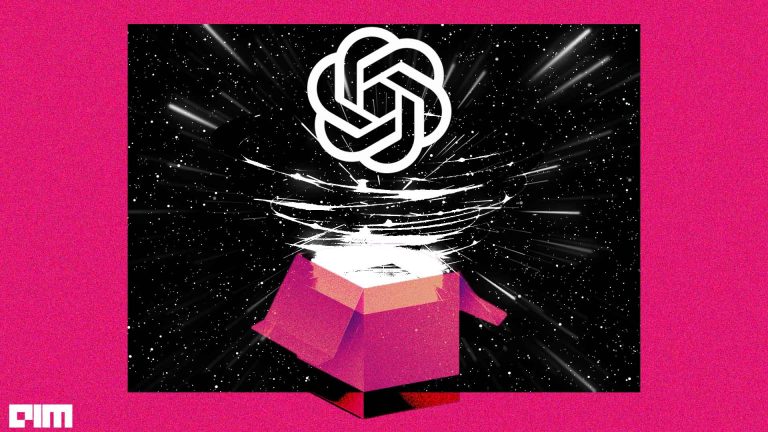“I hate the AI hype and, at the same time, I think AI is very interesting,” said the creator of Linux kernel Linus Torvalds in his recent conversation with Verizon’s Dirk Hohndel when he was asked if AI is going to replace programmers and creators.
Torvalds asserted that he doesn’t want to be a part of the AI hype and suggested we should wait for ten years before making broad announcements like claiming that jobs will be lost in the next five years.
“Using smarter tools is just the next inevitable step so that’s going to happen but I don’t think it’s necessarily the gloom and doom that some people say it is. I definitely don’t think it’s the promised world that the people, who are having their hand out for cash, say it is,” Torvalds added.
AI Is Nothing New but Hype!
Previously when Torvalds was asked if he would accept AI-written code in Linux kernel, he countered with the fact that AI is nothing new as automation has helped writing programmers for a long time, even before the term AI was popular. He stated that AI has helped programmers to produce bug-free code on a smaller scale.
Linus Towalds (creator of Linux) is very based about AI!
— Burny — Effective Omni (@burny_tech) January 19, 2024
"LLMs can help identify bugs real time"
>but they're just autocomplete on steroids
"I think they're much more than that and humans are also autocomplete on steroids to some degree"
>but are you scared of bugs in code… pic.twitter.com/KO7b9Qq7H8
A report published by CodeSignal suggests the same revealing that 81% of developers are already using AI-powered coding assistants like ChatGPT and GitHub Copilot.
These tools are primarily used to boost productivity, generate boilerplate code, and assist in debugging, reflecting their role as enhancers rather than replacements for human developers.
AI hype is ridiculous in all directions.
— Yann LeCun (@ylecun) May 6, 2023
As in:
– LLMs have superhuman intelligence
– LLMs are useless parrots
– LLM hallucinations will destroy society
– scaling is all you need
– deep learning has hit a wall
– AI doesn't exist and never will
– AI is going to kill us all https://t.co/6s3EbvNvlf
AI hype is not limited to tech but is effecting markets worldwide.
Wall Street is becoming more skeptical of the AI hype, particularly regarding its impact on the performance of stocks. This skepticism is growing as investors question the sustainability and profitability of AI investments.
In 2024, US-based AI startups have demonstrated significant financial traction, with numerous companies raising over $100 million in funding. Notably, Elon Musk’s xAI secured a remarkable $6 billion, while Figure AI raised $675 million, showcasing investor confidence in AI’s transformative potential.
In a recent interview, Thomas Siebel, CEO of C3.ai, said that many businesses with existing tech stacks, some dating back to the 1990s and 2000s, are simply rebranding themselves as AI companies.
To cash in on the hype, many products are being marketed with AI integration without clear benefits. A Reddit thread reflects frustration with the AI hype suggesting that the AI movement might not live up to its promises, leading to scepticism similar to past trending tech hypes like blockchain tech.
Linus Also Criticised Crypto in the Past (And He Was Right)
Torvalds has been quite critical of cryptocurrency and blockchain technology. He has described cryptocurrencies as “a great vehicle for scams” and likened them to Ponzi schemes that aim to find “the next sucker holding the bag”.
Torvalds has dismissed the idea that he could be the mysterious creator of Bitcoin, Satoshi Nakamoto, and has clarified that he does not own a significant amount of Bitcoin.
In addition to his criticism of cryptocurrencies, Torvalds has also expressed scepticism about the concept of technological singularity. He has referred to it as a “bedtime story for children” and a concept that makes for great sci-fi but does not hold up under practical scrutiny.
He believes that continuous exponential growth in technology is unrealistic and that we are already seeing the limits of such growth.
AI Made NVIDIA Fall in Love With Linux
NVIDIA, who is not exactly famous for their interactions with the kernel community, has actually been much more active and involved in the development of the Linux memory management code.
“Suddenly, they start caring about Linux when they are selling a lot of AI hardware, I mean it used to be crypto, and it’s still obviously GPUs, and it’s being used in big servers and running Linux, so it has actually had a positive impact,” said Torvalds, suggesting that the AI revolution made NVIDIA interested in Linux, which was not the case previously.
Recently, NVIDIA open-sourced its GPU kernel modules for Linux starting with the R515 driver release, which is quite unusual compared to their past record. This was a significant step towards improving the compatibility and performance of NVIDIA GPUs on Linux systems.
NVIDIA actively contributes to important open-source projects, including the Linux kernel, Docker, Kubernetes, and TensorFlow. These contributions help accelerate innovation and improve the integration of NVIDIA hardware with open-source software.
Do We Really Have To Wait 10 Years?
87% of organisations believe that AI and machine learning will help them grow revenue, improve operational efficiency, and enhance customer experiences.
OpenAI has achieved remarkable financial success, with annual recurring revenue (ARR) reaching $3.4 billion by May 2024, marking a 580% year-over-year increase from $2 billion at the end of 2023. This growth is driven primarily by the widespread adoption of ChatGPT and its enterprise API offerings.
Meanwhile, Hugging Face reported $70 million in ARR at the end of 2023, reflecting a 367% increase from the previous year. The company has positioned itself as a central hub for open-source machine learning models, attracting major clients like NVIDIA, Amazon, and Microsoft.
Additionally, TCS has doubled its generative AI pipeline to $1.5 billion, further indicating the expanding market and investment in AI technologies.
AI is poised to inject a substantial $15.7 trillion into the global economy by 2030, highlighting its transformative potential. This economic boost is driven by AI’s ability to enhance productivity and create new market opportunities.
































